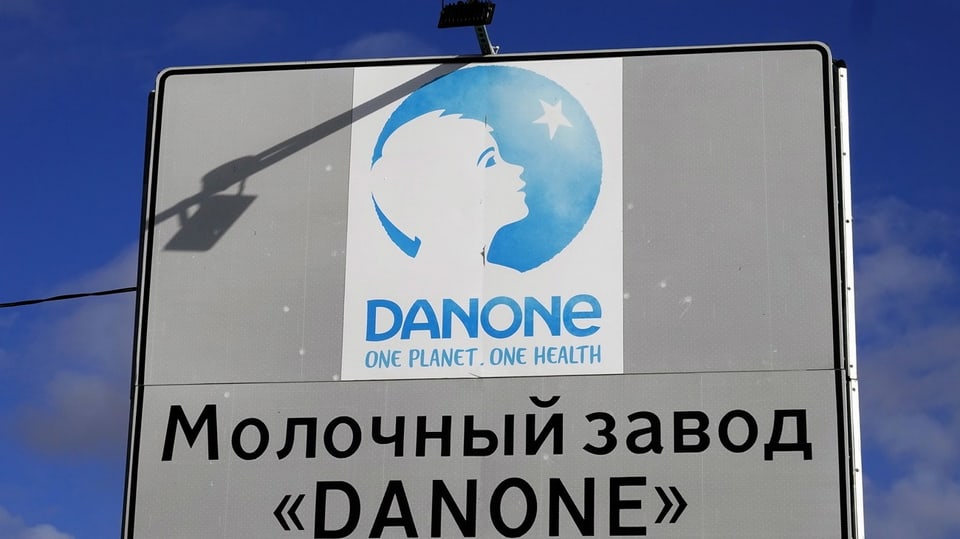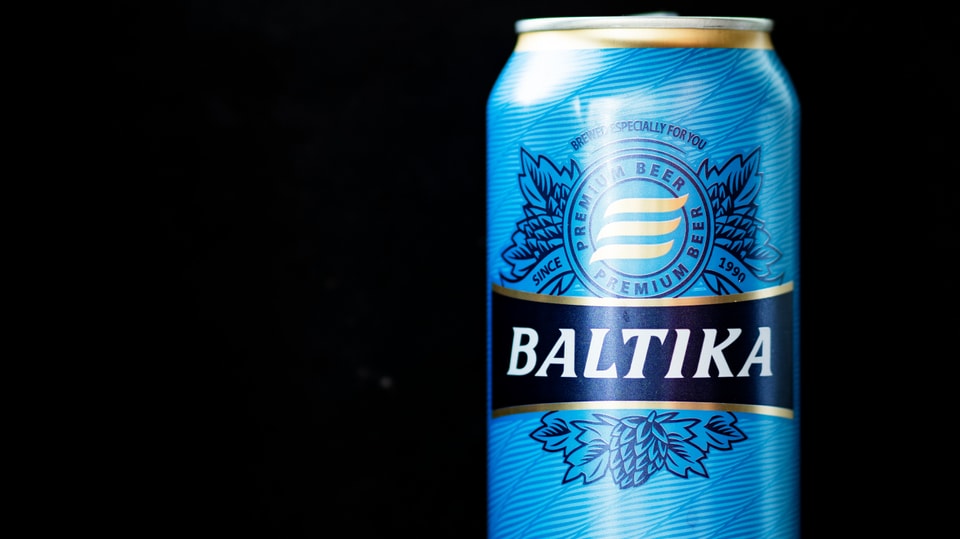Contents
The two food companies are still represented in Russia. By Putin decree, the state takes over their business in the country.
Expropriation by decree: A nasty surprise for the Danish beer producer Carlsberg and the French food manufacturer Danone: Russia has taken control of the shares in their Russian subsidiaries by presidential decree. A decree by Russian President Vladimir Putin published on the official justice portal states that the Russian state will “temporarily” manage the shares of Danone Russia and the Carlsberg subsidiary Baltika.
Legend:
The Carlsberg subsidiary Baltika is a leading brewing company in Russia with a market share of around 30 percent. Carlsberg announced in June that it had found a buyer for its activities in Russia, without naming a name.
Igor Golovniov/SOPA Images/LightRocket via Getty Images)
Threatening gesture towards the West: A number of Western companies have withdrawn from Russia since the Russian war of aggression in Ukraine began. Why is the Kremlin taking action against Danone and Carlsberg? Perhaps Russia isn’t even interested in the two companies, says Alexander Libman, a professor of political science with a focus on Russia at Freie Universität Berlin. “It could be that the Russian government wants to send a signal to the West.”
Western investors have no chance of exiting the Russian market or selling the stocks that this agency now manages.
In concrete terms, Russia could be dealing with a kind of bargaining chip. “Assets of Russian corporations, oligarchs and the state have been frozen in the US, the EU and Switzerland,” explains Libman. “There are also discussions about nationalizing these assets.” The government in Moscow is now building up a threatening backdrop: Russia is putting Western companies under receivership – and is also prepared to nationalize them.
These are the consequences for companies: The Carlsberg and Danone subsidiaries are now under Russian control. Libman assumes that the management of the companies will be replaced. Ownership rights are exercised by a government agency. “In practical terms, it means that Western investors have no chance of exiting the Russian market or selling the stocks that this agency now manages.”

Legend:
Danone said the group was preparing “to take all necessary measures to protect its rights in the interests of all stakeholders, especially its employees”. Carlsberg said the prospects for the sale process of its subsidiary Baltika are now extremely uncertain.
Keystone/EPA/Maxim Shipenkov
Quarrels on the energy market: It is not the first time that a state receivership by Russia has made headlines. In autumn 2022, the German gas importer Uniper was on the verge of collapse. The reason for this was the lack of gas deliveries from Russia. The German government finally nationalized the energy company to ensure security of supply. Germany acquired the shares of the Finnish parent company Fortum in the course of this deal.
The Russian government reacted a few months later: it placed the subsidiaries of Uniper and Fortum in Russia under receivership. Moscow also justified the step by saying that the corporations are important for domestic security of supply.
Therefore, the step means an escalation: It is now hitting food companies that were not affected by developments in the energy market. Russia expert Libman speaks of a step that is as unexpected as it is dramatic: “The Russian state is signaling that normal Western companies can also become targets of these measures.” So the Kremlin is probably trying to set an example. And it is becoming more risky for foreign investors and companies to give up their business in Russia – because there is a risk of losing control.
